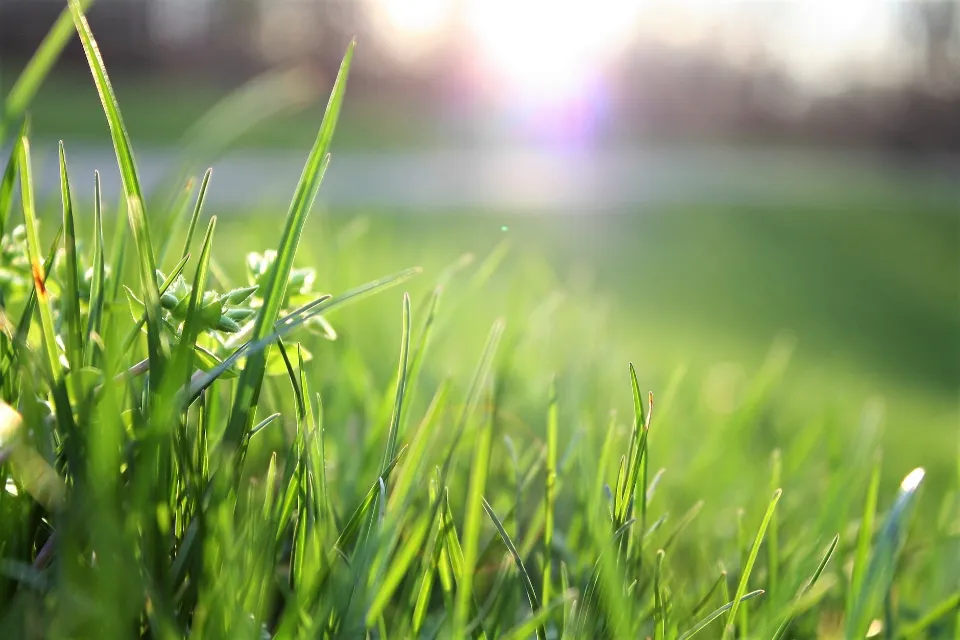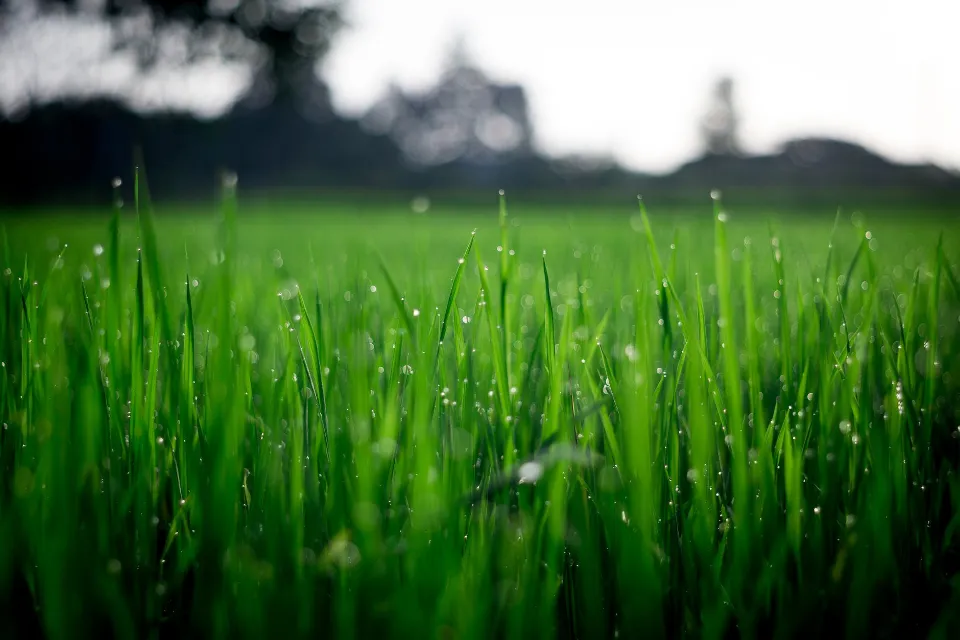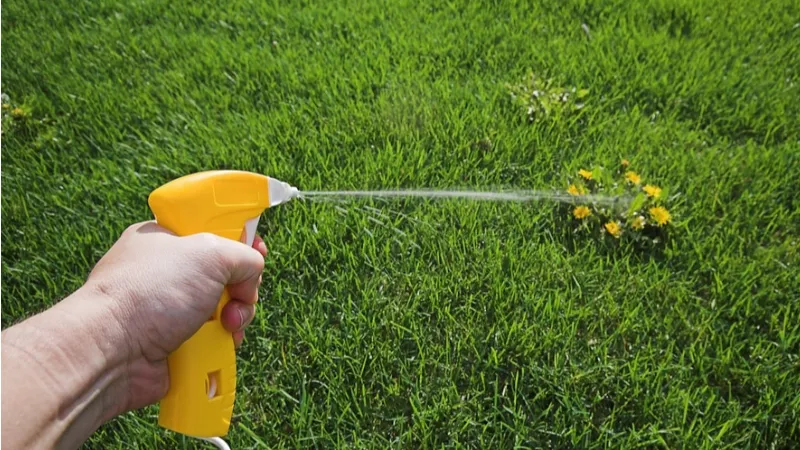Will ammonia kill grass? Yes, ammonia will kill grass if it’s overused. Ammonia is a great fertilizer for your lawn and garden when used in its diluted form.
If it’s such a good form of nitrogen and fertilizer, it’s natural to wonder, “Ammonia causes grass to die, but why?” The short answer is that while plants love nitrogen, too much of it can overwhelm plants and damage their ability to process it.
Table of Contents
Will Ammonia Kill Grass?
The right kind of ammonia is advantageous for your lawn because it will provide nitrogen to feed your grass and promote its growth. There are various kinds of ammonia, though, and it can also cause your grass to die. If you’re not careful, ammonia has a pretty good chance of killing grass. Here are the main types of ammoniums and their uses:
Ammonium Nitrate
A fantastic source of nitrogen is ammonium nitrate. It’s used in many fertilizer mixtures and is particularly useful for applying weed and feed control in the fall and winter. Since it releases nitrogen quickly, which can kill young seedlings or unwell grass, this type of ammonia is best suited for established, healthy grass.
Ammonium nitrate fertilizers need to be applied at a rate of 3 pounds per 1,000 square feet, with a nitrogen-phosphorus-potassium ratio of 33-0-0. This three-pound rule will give your lawn one pound of ammonium nitrate.
Ammonium Sulfate
Commercial grass fertilizers rarely contain ammonium sulfate because it tends to alter the soil’s acidity. In order to encourage the growth of plants that prefer acidic environments, the pH is typically lowered.
Five pounds of products containing this chemical must be used to supply one pound of chemical to grass. Additionally, over-application is likely to result in chemical burns in the grass, so you must be careful when applying and/or reapplying as going overboard is easy to do.

Household Ammonia
Household ammonia is “ammonium hydroxide” and is meant to be a cleaning agent, not a fertilizer. Although it can be used as fertilizer if it is diluted many times over, it is more likely to burn any plant to which it is applied.
If you do want to use “ammonium hydroxide” as a grass or weed killer, use it only in places where you want no plants to grow, such as a sidewalk. After that, make sure that no animals or people are present there until the ammonia has finished its job and been removed in order to avoid skin irritants and minor chemical burns.
What Does Ammonia Do to Grass?
If you really want to get technical, different types of ammonia and amounts used or accumulated in the soil will kill grass and weeds in various ways. Ammonia is an excellent form of nitrogen, which is one of the “big three” lawn fertilizers. Too much nitrogen from ammonia in the soil will reduce root growth and vigor in plants because they don’t need to work for their food and they get a bit burnt out trying to process it all.
Is Ammonia Good for Your Lawn?
Given that it is the most commonly used component of nitrogen fertilizer, ammonia is beneficial for your lawn when used in the proper dosage. The simplest way to use ammonia for lawn care is in commercial fertilizers. If you’re willing to put the time, energy, and money into making your own fertilizers, you can achieve comparable results. This carries more risk than reward for the majority of people.
What’s the Best Type of Ammonia for Lawncare?
The most secure form of ammonia for use in fertilizer and lawn care is ammonium nitrate. Most commercial lawn fertilizers contain it because it is an easy form for plants to absorb. This form of nitrogen is ideal for established lawns because it is so simple for plants to use.
A diluted form of ammonium sulfate or a product containing phosphate may be better for new sod or seedlings. Such a small amount shouldn’t cause the soil to become acidic because this form will absorb more slowly.

Does Grass Absorb Ammonia?
As ammonium nitrate is so easily absorbed, it can be easy to “burn” or overfeed grass, especially new sprouts, plugs, or seedlings. After scattering or spraying the fertilizer on your lawn, use a little irrigation to help “spread out” the mixture and help the nitrogen “stick to” the soil. This may seem counter-intuitive, but studies suggest this helps normalize soil pH and make the most of nitrogen fertilizer.
Household ammonia or “ammonium hydroxide” on the other hand is so strong it will kill any plant it comes into direct contact with, even before it is absorbed into the plant as it can cause actual chemical burns on plants as well as people and animals.
Conclusion: It Depends on the Type of Ammonia
As you can see, there are numerous varieties of ammonia. Your grass’s health will be enhanced by the nitrate supplied by ammonium nitrate. Young grass seedlings benefit greatly from ammonium phosphate sulfate, which contains both sulfate and nitrogen. Weeds can be killed with ammonia effectively.
The other varieties of ammonia can kill, burn, or otherwise harm your grass. Make sure you choose the appropriate product if you decide to use one that contains ammonia. If you don’t use products on your lawn the way they’re supposed to be, your grass will suffer.
Read about How To Paint Grasscloth Wallpaper?


